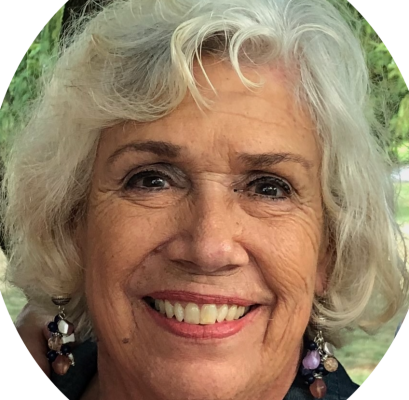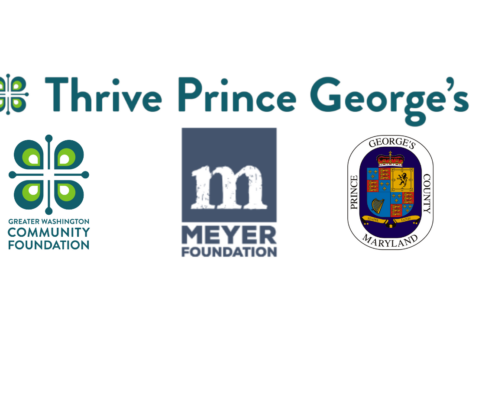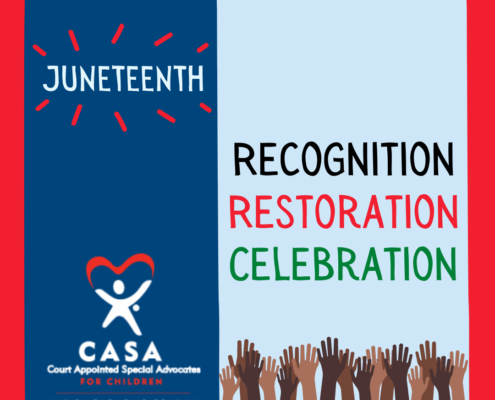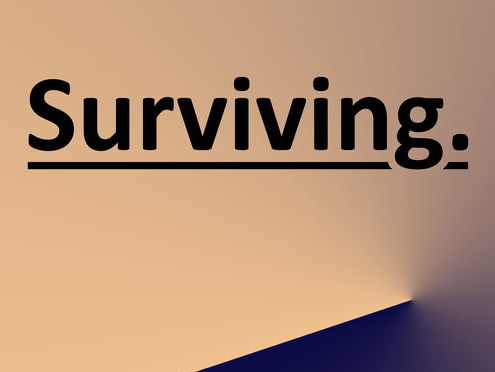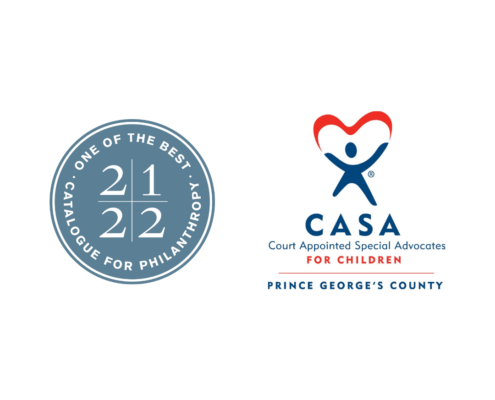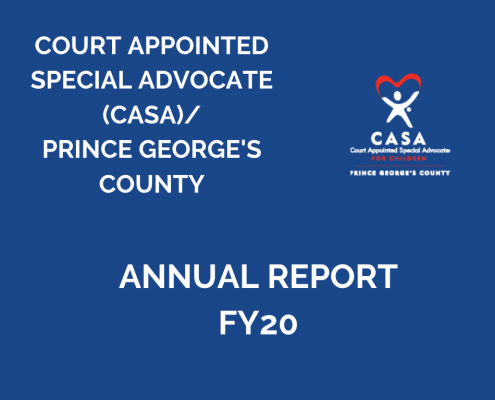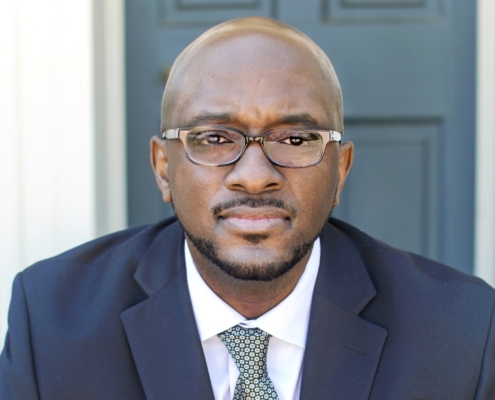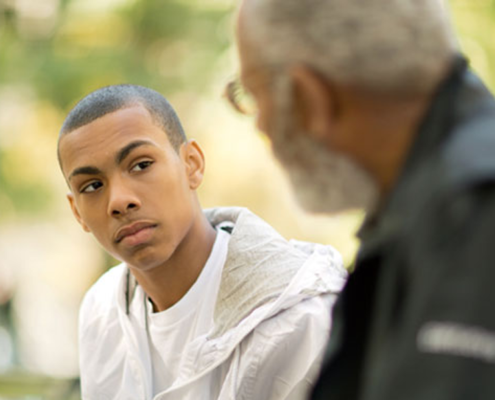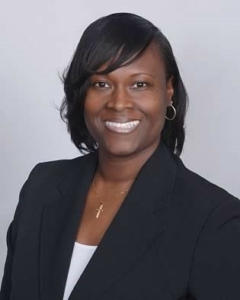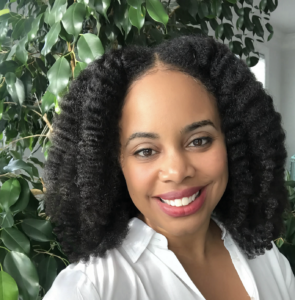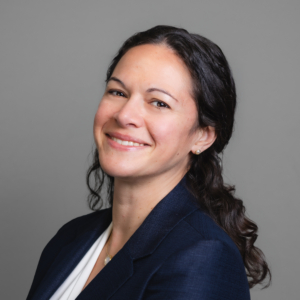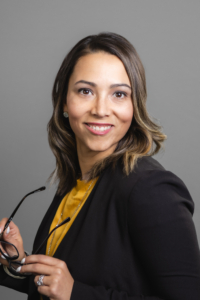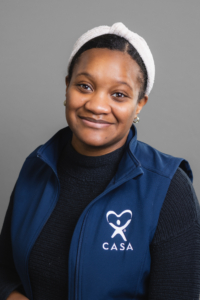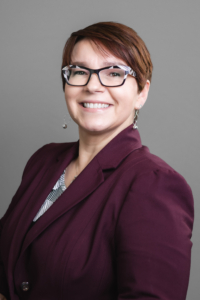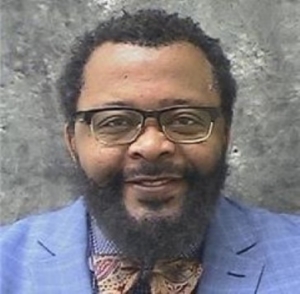
Cedric Wilson, a distinguished figure in healthcare administration, health equity, and strategic management, is known for his unwavering dedication to the field. His exemplary leadership, hospital operations, groundbreaking innovations, research, and superior achievements spanning nearly four decades are a testament to his deep commitment and passion for healthcare. Currently, as the Executive Director of Imaging Service and Anatomic Pathology/Clinic Laboratories at Stanford Medicine Children’s Health, Cedric oversees a wide array of responsibilities. These include healthcare administration, executive leadership, operational management, finance, health equity, world-class care strategies, culture transformation, and strategic capital planning, all of which he executes with precision and dedication.
Cedric’s illustrious career began with 21 years of dedicated service in the United States Air Force, where he held pivotal roles such as Master Sergeant and medical superintendent. His service spanned various commands, including the largest and most significant medical operations in the United States and Europe: The Pacific Air Mobility Command region and the Landstuhl Regional Medical Center in Germany. This diverse experience in the military, where he honed his leadership and operational skills in high-pressure environments, has been instrumental in shaping his successful healthcare career. His military tenure was distinguished by numerous awards and commendations, underscoring his unwavering commitment to excellence in healthcare and service to his country.
Transitioning to civilian leadership, Cedric held critical positions at Kaiser Permanente, serving as Vice President of Operations in the Mid-Atlantic and Northern California regions. During his tenure, he led transformative initiatives that significantly enhanced patient care and operational efficiency, leaving a lasting impact on the healthcare sector. These initiatives, such as the implementation of the first 3D Digital Mammography Program enterprise-wide and a comprehensive long-term capital equipment plan for over 40 hospitals and 618 medical facilities, are a testament to Cedric’s profound impact and influence on the healthcare sector.
Cedric’s influence extends beyond his professional roles; he is a respected keynote speaker at conferences such as Radiologic Science Graduate Programs and the International Association for Radiologic & Imaging Nursing. His thought leadership and influence in the healthcare community are further demonstrated by his role as an Academic Speaker at the Stanford School of Medicine, where he shares his insights and experiences with the next generation of healthcare professionals. He is also a congressional panelist on health Inequalities/Inclusion and Mental Health Strategies, contributing to important discussions and shaping the future of healthcare.
In recognition of his exceptional career and contributions, Cedric Wilson was honored with the highest civilian honor by President Joseph R. Biden: The Lifetime Achievement Medal and Certificate in 2023/24. This prestigious accolade, bestowed by the highest office in the country, underscores Cedric’s profound impact on the healthcare sector and his enduring legacy as a leader and visionary. The recognition by President Biden further solidifies Cedric’s influence and prestige, making him an inspiration to colleagues and future generations alike.


